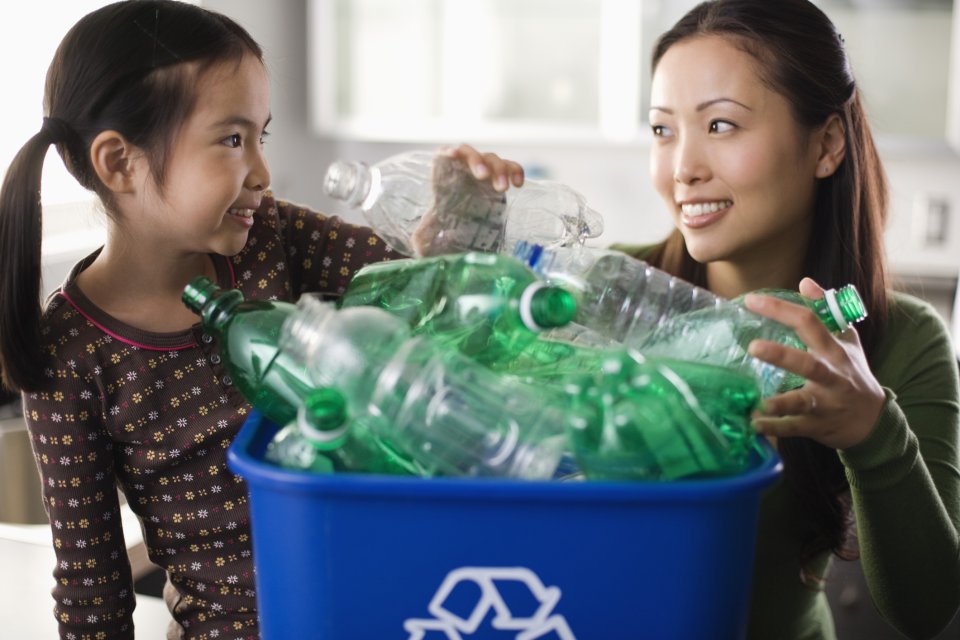Benefits of Addressing Plastic Pollution
Some benefits of addressing plastic pollution include:

- Reduced environmental impacts: Limiting the volume of plastic waste that enters the environment decreases environmental health risks from plastic pollution including climate impacts.
- Increased recycling rates: Less contamination in the recycling stream and easier access to recycling opportunities helps increase recycling rates.
- Reduced consumption: Plastic consumption decreases as single-use plastics are discouraged.
- Reduced leakage: Litter and other mismanaged waste decreases as more plastics are collected and captured before they enter the environment or waterways.
- Reduced health impacts: Limiting the volume of plastic waste that enters the environment decreases potential health risks from plastic pollution. More research is necessary to better understand possible health implications of plastic pollution.
- Enhanced collaboration: Strategies to prevent plastic pollution require partnerships to work and encourage collaboration.
- Enhanced markets: Market values for plastic increase as the quality of end-use plastic improves. For more information, refer to the Recycling Markets companion chapter (pdf)(29.5 MB) to the Best Practices for Solid Waste Management: A Guide for Decision-Makers in Developing Countries.
